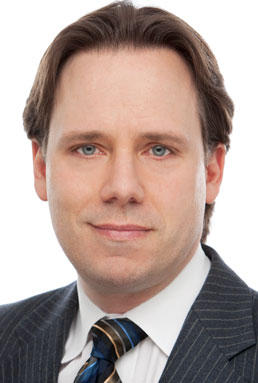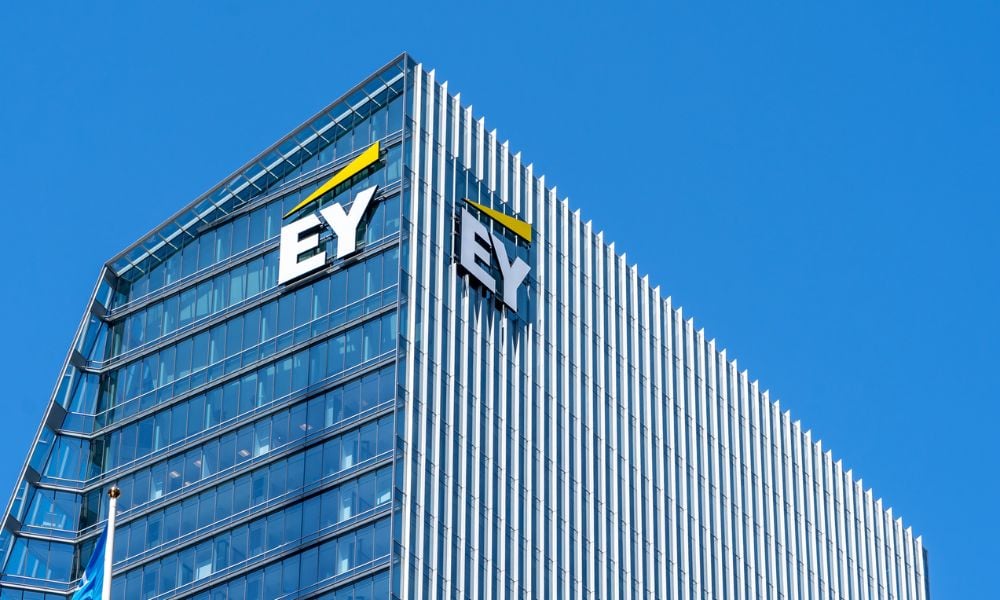The Québec Court of Appeal’s recent award of $2.4 million, including $1 million in punitive damages, in favour of a company destroyed by Revenue Québec’s abuse of its powers has gone a long way to imposing a duty of care on Canadian fiscal authorities. “It will now be easier for businesses and individuals to argue that the Canada Revenue Agency and other tax authorities must administer the law in good faith and refrain from behaviour that is abusive or irrational,” says Martin Sorensen of Bennett Jones LLP in Toronto.
To be sure, Agence du revenue du Québec c. Groupe Enico turned on the duty of good faith enshrined in Québec’s Civil Code. But the decision is in line with two common-law rulings on the point. Both the Federal Court of Appeal’s decision in Canada v. Scheuer, released just weeks before Enico, and the British Columbia Supreme Court’s 2014 judgment in Leroux v. Canada Revenue Agency affirmed that CRA has a duty of care to taxpayers. “Generally speaking, the duty of care is well-known to the common law, and the principles discussed in Enico are similar to those dealt with in Leroux,” Sorensen says.
The decisions might make the CRA and other tax authorities easier to deal with because they suggest that the agency is not at liberty to intimidate and threaten taxpayers as it chooses and has a responsibility to take appropriate care in deciding to take steps against them. “These decisions should over time result in a difference in the way the CRA treats taxpayers and their rights,” says tax lawyer David Rotfleisch of Rotfleisch & Samulovitch PC in Toronto.
Still, Sorensen is careful to point out that Enico featured “outrageous” facts, such as destroyed notes, lost evidence, auditors operating under false pretences, information withheld from the taxpayer, fraudulent entries in RQ working papers, and revelations about “quotas” imposed on Revenue Québec personnel. “The evidence also showed that Revenue Québec continued to seize assets even after it knew that the assessments against Enico were grossly inflated,” Sorensen says. “It was a perfect storm of facts in favour of a duty of care.”
Indeed, both Scheuer and Enico demonstrate that winning in principle doesn’t mean winning in substance. In Scheuer, the taxpayers, who had purchased tax shelters, had their case dismissed because the FCA held that the duty of care does not extend to warning investors about the potential dangers of tax shelters even when the CRA has cause for concern about particular schemes. The court did, however, give the investors leave to change their pleadings so as to assert a lawful basis for their claims.
The BC case involved Irvin Leroux, a businessman who fought a 19-year battle against the CRA for wrongfully imposing tax assessments that exceeded $1 million. During its audit, the CRA took documents without authorization, shredded them accidentally, then asked Leroux to provide further documentation.
Even after the CRA reduced the assessment, Leroux continued his claim for compensation, alleging that the CRA’s actions had caused him to lose his business. The Canadian Taxpayers Federation supported Leroux in his fight.
Tax professionals called the BC court’s ruling a milestone for taxpayers seeking to hold CRA accountable for its actions. But while Leroux won the battle, he lost the war. Not only did he fail in his drive to receive compensation, but the court ordered him to pay the CRA’s legal fees as well. The case has now settled on appeal with Leroux paying $10 towards those fees.
The key difference between the results in Leroux and Enico is that the BC court found that CRA’s actions did not cause Leroux’s losses. By contrast, the Québec Court of Appeal found a direct link between RQ’s conduct and the collapse of Enico’s business, which had grown substantially and enjoyed more than $5 million in sales before the tax authority came along.
A correction has been made to this story: Revenue Québec was improperly referred to as the CRA.





